Implant Dentures
People who have lost most or all of their teeth often choose to get dentures that are held in place by implants. They are better than traditional dentures because they are more comfortable, stable, help with speech and eating, look better, and keep your mouth healthy.
One of the primary benefits of implant-supported dentures is that they are much more comfortable and stable than traditional dentures. Traditional dentures rest on your gums, which can be uncomfortable, and they can move around, causing irritation and sore spots. On the other hand, implant-supported dentures are held in place by dental implants that are fused to your jawbone. This makes them safer and more comfortable. This also means that they won't fall off or move around while you talk or eat, which makes it easier to talk and eat.
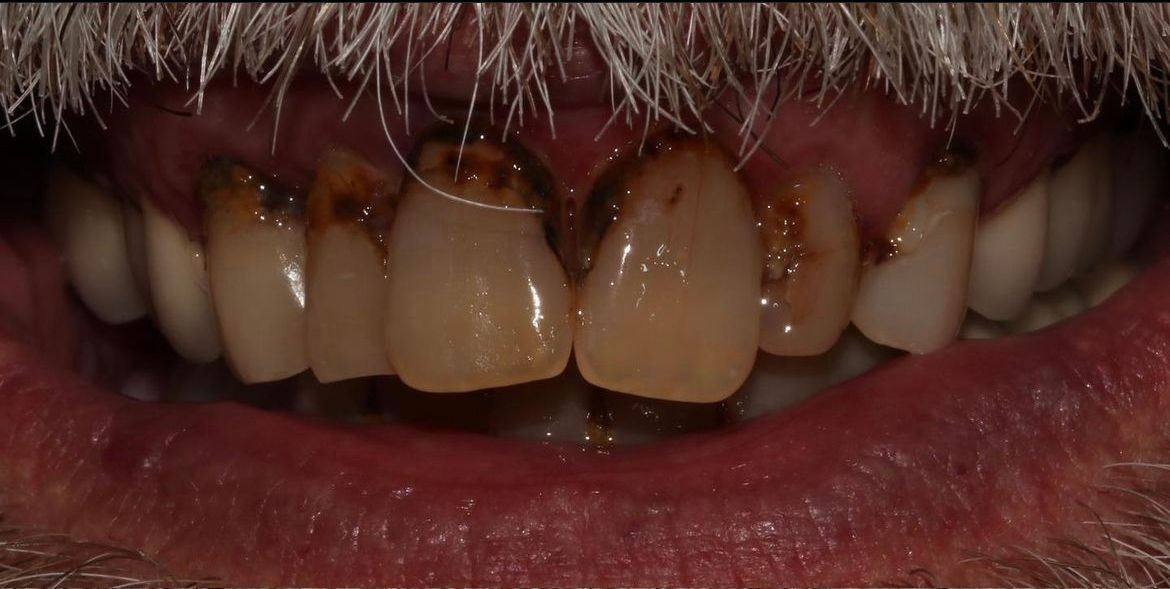
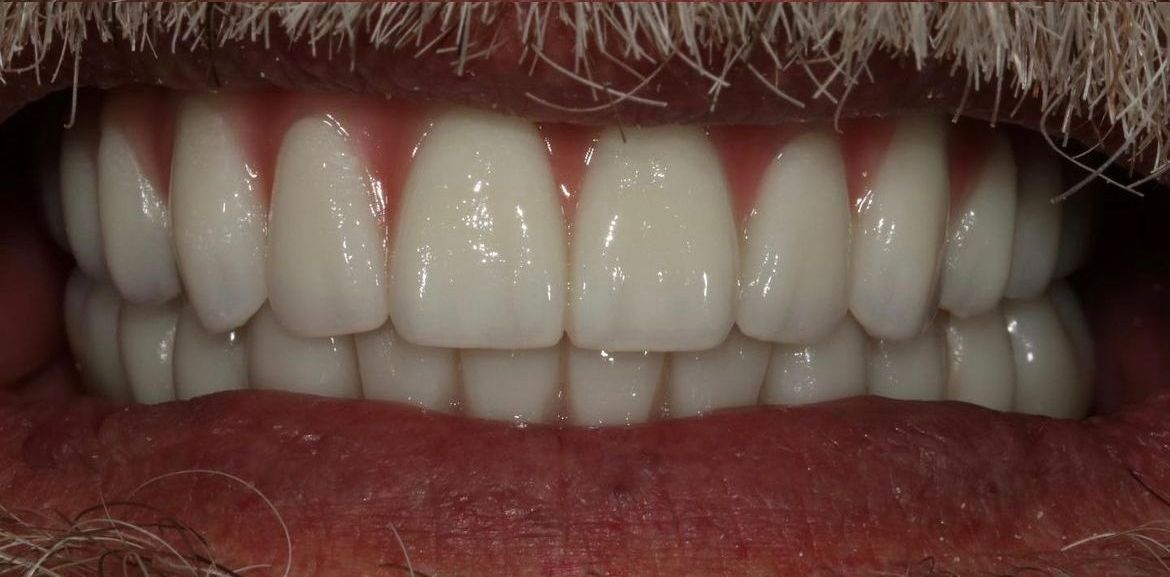
Implant Denture Benefits
Natural tooth-like feel
Enjoy all your favorite foods
No dental glue required
A long-term proven solution
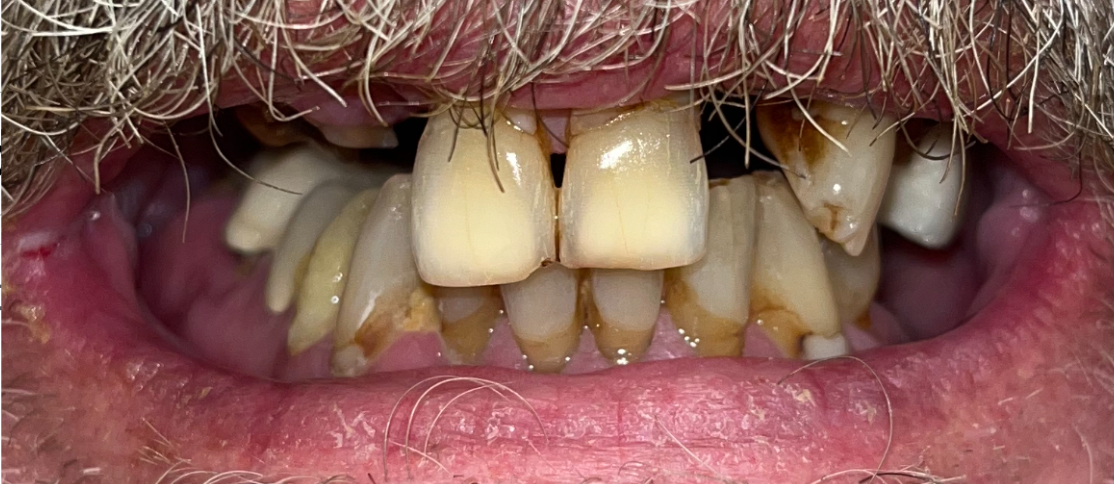
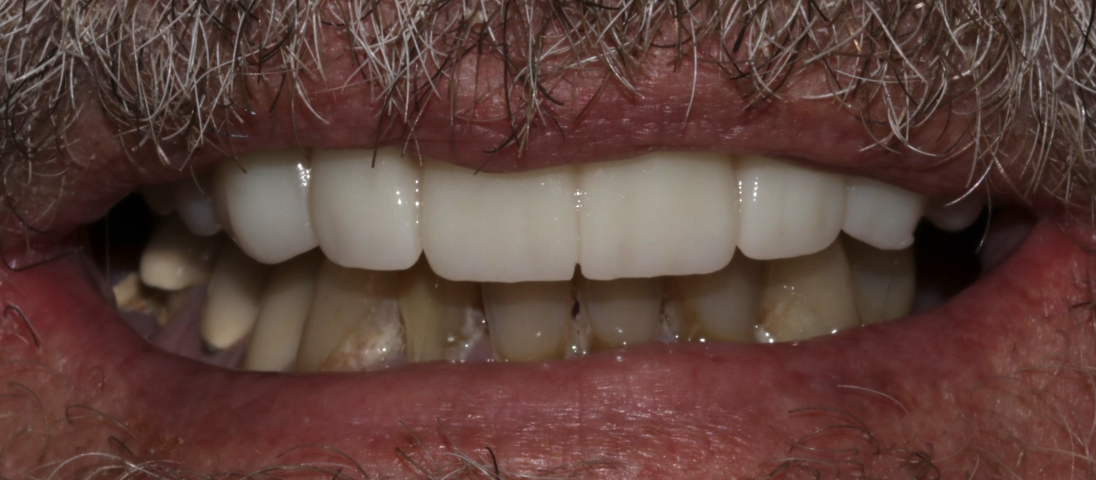
Dentures that are held in place by implants also look more natural and can be made to fit your mouth and face. Because they don't stimulate your jawbone, traditional dentures can make your face look sunken or old over time. Implants, on the other hand, are like fake tooth roots. They stimulate the jawbone and help it grow in a healthy way.
It may seem hard to pay for implant-supported dentures, but there are ways to make them more affordable. Many dental offices offer financing plans with low or no interest so that the cost can be spread out over time. Also, some insurance plans may cover a portion of the cost of implant-supported dentures, so it's important to check with your provider.
Getting dentures that are held in place by implants usually takes more than one step. First, you will need to talk to your dentist about whether implant-supported dentures are right for you. During this appointment, your dentist will look at your teeth, gums, and jawbone to figure out how healthy your mouth is and talk to you about your options.
If your oral health is good enough for implant-supported dentures, the next step is to take out any remaining teeth. Most of the time, this is done with local anesthesia to make it as painless as possible. After the teeth are taken out, the gums and jawbone need time to heal.
The dental implant surgery can happen after the healing period is over. This is done by putting the implants into the jawbone. The implants will hold the denture in place. How many implants you need will depend on how many teeth are missing and how healthy your jawbone is.
After the implants are put in, the jawbone needs time to heal so that the implants can fuse with it. This can take several months, during which time a temporary denture may be worn.
Once the implants have fully fused with the jawbone, the final step is the placement of the implant-supported denture. The denture will be made to fit your mouth, and the implants will hold it in place. Once the denture is in place, your dentist will make any changes that are needed to make sure it fits well and stays in place.

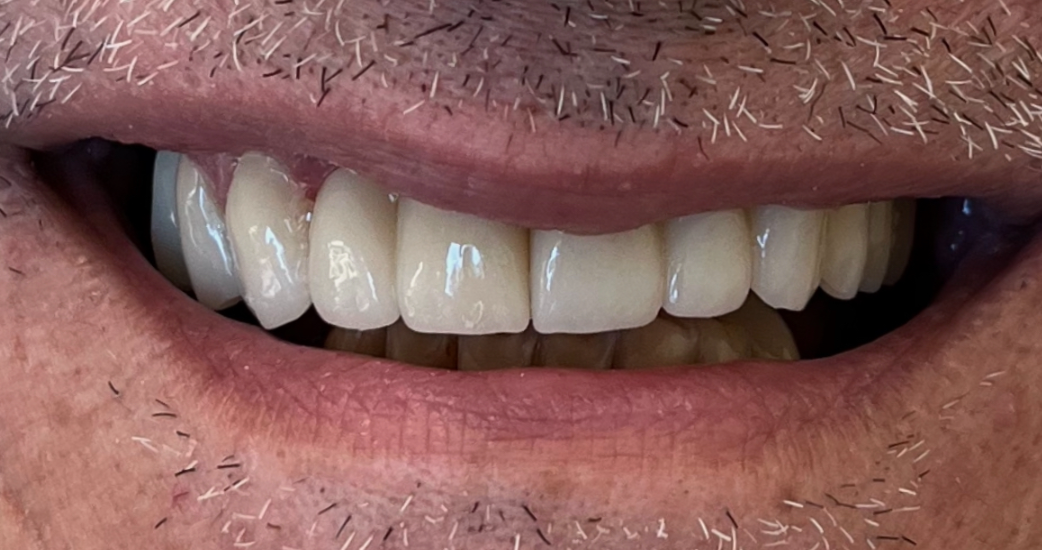
In summary, implant-supported dentures are a preferred option over traditional dentures because of their improved comfort, stability, speech and eating ability, appearance, and oral health benefits. Financing options are available to make them more accessible, and the process of getting implant-supported dentures involves several steps, including the removal of remaining teeth, dental implant surgery, and the placement of the final denture. If you're thinking about getting implant-supported dentures, talk to your dentist to find out if they'll work for you and to talk about your other options.









